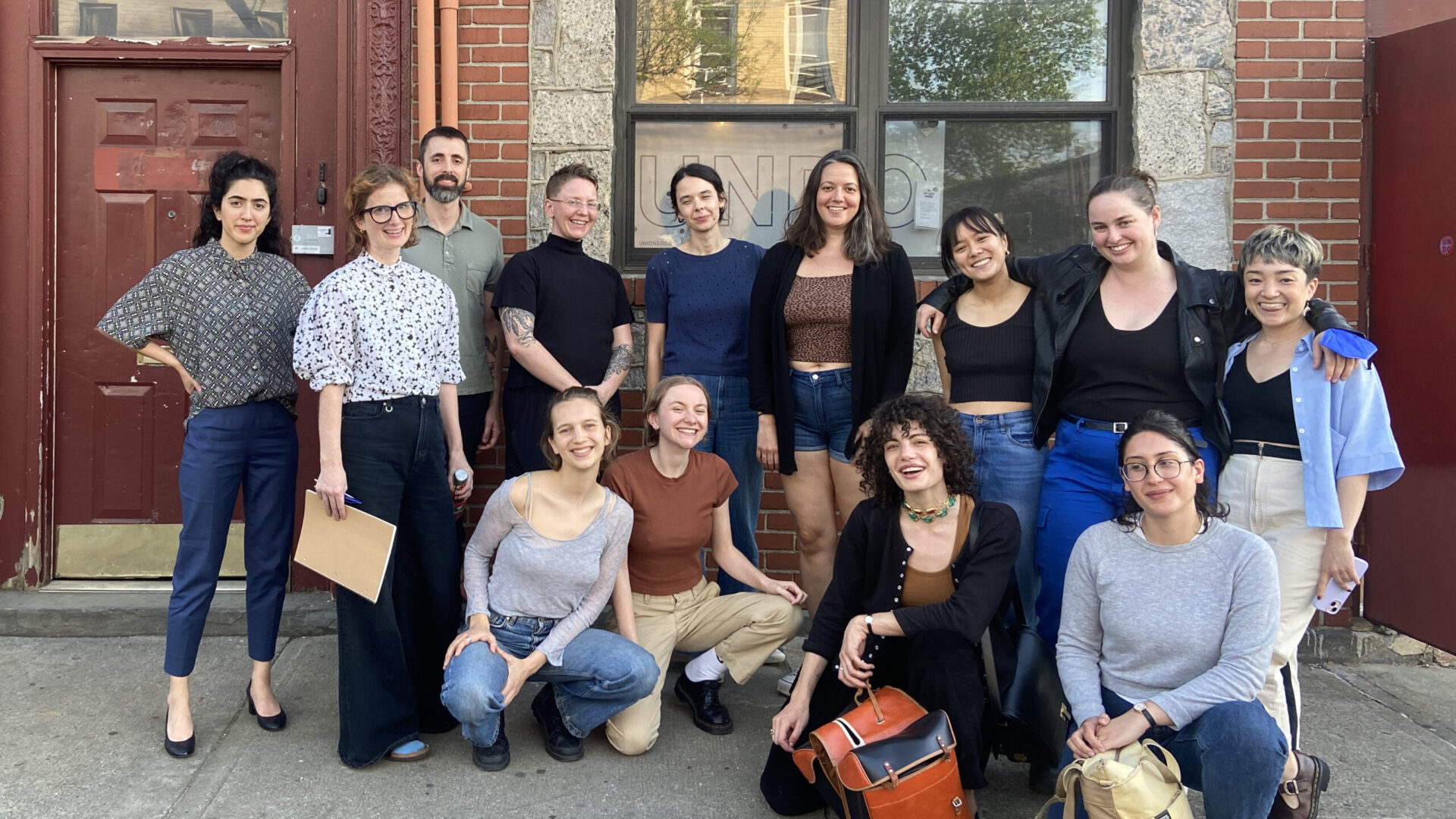In order to experience the pleasures of the Full Frame http://www.jessysjoy.com/archives/4140 documentary film festival, a viewer has to wager the reality of warm, sunny, North Carolina days, with the dark, cold theater playing one of this year’s top non-fiction films. With 57 “NEW DOCS” programmed, 42 of which are feature length, I was able to only see 9 films over a course of three days. I’m a pretty hardcore documentary ascetic (at least I thought), ready and willing to trade any sunny day for the experience of a carefully constructed non-fiction narrative. However, after talking with a few Durham locals who saw 15 films in four days, I realized that I was a festival neophyte. While watching 4-5 documentaries a day is an impressive feat, and certainly escapist, it is ultimately a testament to the dedication of the audiences at Full Frame.
For many filmmakers early in their distribution process, “this is the first time the film has screened to an audience of more than a few people outside of our basement studio” according to Pete Sillen, director of I Am Secretly An Important Man urispas online auctions . Outside of the main theater, Lucy Walker, director of Cheap Wasteland is pacing and fidgeting with her cell phone. Her film had screened at the Berlinale as well as Sundance, however, when I asked her how she was doing, she told me, “I get nervous every time. I really hope people like it.” Her anxiety was charming, though, certainly unnecessary given the fact that she received a standing ovation and an audience award.
Wasteland, tells the story of Brazil’s most famous living artist, Vik Muniz, and his altruistic strategy to improve the lives of a few people working as trash sorters in Rio De Janeiro’s largest dump. Vik Muniz produces art using non-traditional materials such as chocolate syrup, sugar, cotton, wire, and has even made art from clouds. In this film, he creates images of trash sorters that are formed from items in the trash. He uses his power in the art world sell this image through an international auction house, and donates all of the money to an organization that advocates for the rights of the trash collectors. While the story is a bit slow to develop, there is an undeniable uplifting feeling to be gained from watching an individual implement social change.
While most documentary films attempt to educate, represent, and interrogate a subject, there has always been a strand of “revolutionary” cinema that attempts to inspire direct action for social change. In recent years, there have been a number of consultants/organizations that attempt to link filmmakers to activist networks in order to catalyze an audience into further participation after a screening. However, with the exception of 1-2 New Docs, I didn’t see any films that attempted to inspire this sort of “call to action.” Perhaps, there is a larger acceptance that the long-form documentary format is not as useful for outreach as the overwhelming base of short-form web content that advocacy groups create themselves. Or perhaps, it is too demanding to imagine a documentary that not only can successfully present an entertaining non-fiction narrative environment that produces both an affective response, but also integrates social activism. Films like Wasteland, Casino Jack, and Cheap 12th and Delaware are wonderful films that seem to be using more journalistic filmmaking strategies, and leave the activism up to someone else.
While the “call to action” film may still return to the festival circuit, this year’s programmers certainly didn’t avoid films about artists. And Everything is Going Fine is a film by Steven Soderbergh about poet and performance artist, Spalding Gray. In an effort to allow Spalding Gray to tell his own story, as he did through his characteristic personal monologues, Soderbergh presented a tightly edited archive of documentation from his performances. Without using a single interview, voice over, b-roll, or any other familiar documentary narrative strategy, Soderbergh made sure to leave a mark of his auteurship in his first documentary, though, this certainly left many questions unanswered. A much more moving, intimate, and living portrait of a poet and performance artist was Pete Sillen’s I Am Secretly An Important Man (World Premiere). The film tells the story of a late poet named Jesse Bernstein, who was known as the “godfather of grunge,” and frequently opened up for bands like Nirvana, Mudhoney, Sound Garden in Seattle in the early 90s. His poems are crude, dark, and incredibly funny. Jesse is smart, charming, and incredibly manic. Through audio recordings of his work, much archival material (even some bizarre horror-porn Jesse starred in), and interviews with those closest to him, I Am Secretly An Important Man, brought Jesse Bernstein’s work to life. Certainly, one of my favorites from the festival, though I say this with fully disclosed bias, as I did some archival research work on it. Jesse’s dedication and passion to his work is something that every artist should aspire to, and Pete Sillen’s documentary portrait made over the course of 16 years is a perfect testament to this.
A real pleasure of the documentary film festival is the ability to structure a diverse day of filmic travel. For example, on the final day of the festival I experienced a small nomadic community in rural Tibet, through Summer Pasture, traveled with Abu Jindal, a former bodyguard to Osama bin Laden, and current ally to the US post 9/11 in Buy The Oath, and in 12th and Delaware witnessed a battle between a pro-life pregnancy center posing as abortion clinic across the street from a real abortion clinic.
Other than lots of film screenings, there are a few industry events, and one of Uniondocs own, Katia Maguire, was given the online Garrett Scott Documentary Grant for her work-in-progress film Jessica Gonzales vs. the United States of America.





